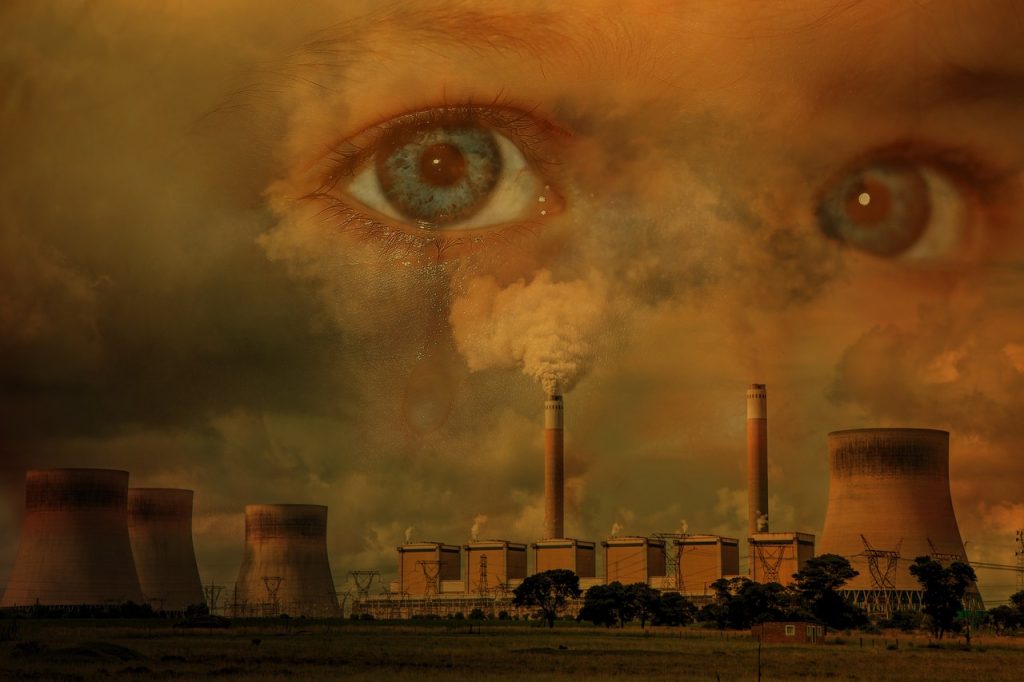The COP28 climate change conference, being held in Dubai, is hoped to be a pivotal moment in the global fight to tackle climate change. The conference saw more countries and companies aligning with the 1.5°C goal than ever before.
Unlike previous conferences, COP28 focused on concrete actions with clear targets and accountability, exemplified by an Oil and Gas Decarbonization Charter. Stakeholders are mobilized to accelerate methane reduction, heavy industry decarbonization, and cooling emissions.
The conference unveiled several groundbreaking initiatives, including the Global Decarbonization Accelerator (GDA), which garnered significant attention for its ambitious goals and unprecedented collaborative efforts.
GDA, launched at COP28, is a comprehensive program that addresses both the demand and supply sides of global emissions. It rests on three key pillars.
Scaling Up Clean Energy: An impressive commitment from 116 countries to triple renewable energy and double energy efficiency by 2030.
Decarbonizing Existing Energy: A landmark move with 50 oil & gas companies, including 29 National Oil Companies (NOCs), signing the Oil and Gas Decarbonization Charter. This charter includes commitments to zero methane emissions, ending routine flaring by 2030, and achieving net-zero emissions by 2050.
Tackling Non-CO2 GHGs: Over $1 billion has been mobilized for methane abatement, showcasing a serious approach to reducing potent greenhouse gases.
The conference also saw the introduction of several other significant initiatives:
-
Industrial Transition Accelerator (ITA): Focused on decarbonizing heavy industries through collaborations among policymakers, experts, and financiers.
-
Global Cooling Pledge: Witnessed 52 countries committing to reducing cooling emissions by 68% by 2050.
-
Global eCooking Coalition: Aims to advance electric cooking for a just transition to net zero.
-
Financial Innovation in Climate Solutions: New financial solutions were presented to support the uptake of methane emission abatement technologies.
The International Energy Agency (IEA) played a critical role in COP28, emphasizing the need for a multifaceted approach to meet the 1.5 °C goal. This approach includes tripling renewable power capacity, doubling energy efficiency improvements, aligning fossil fuel industry activities with the Paris Agreement, and establishing large-scale financing mechanisms.
Dr. Al Jaber, COP28 President, expressed optimism, calling the GDA an “inflection point” in global climate action.
The conference witnessed crucial commitments, such as the pledge by 50 oil and gas companies to decarbonize operations by 2050 and the significant funding allocated to the new “loss and damage” fund.
COP28 also saw the Global Cooling Pledge gaining momentum, with over 60 countries signing to cut cooling-related CO2 emissions. Additionally, 39 countries committed to boosting the global market for hydrogen energy, a key player in the transition to cleaner energy sources.
In conclusion, COP28, under the Presidency of the United Arab Emirates, highlights a global consensus on the urgency of climate change and the need for collaborative, innovative, and actionable solutions. The world now watches as these commitments transition into tangible actions, crucial for steering the planet towards a more sustainable future.

